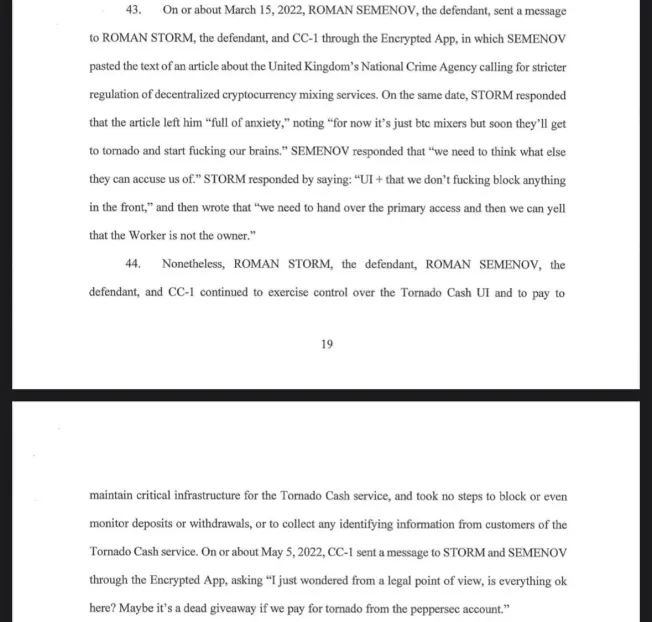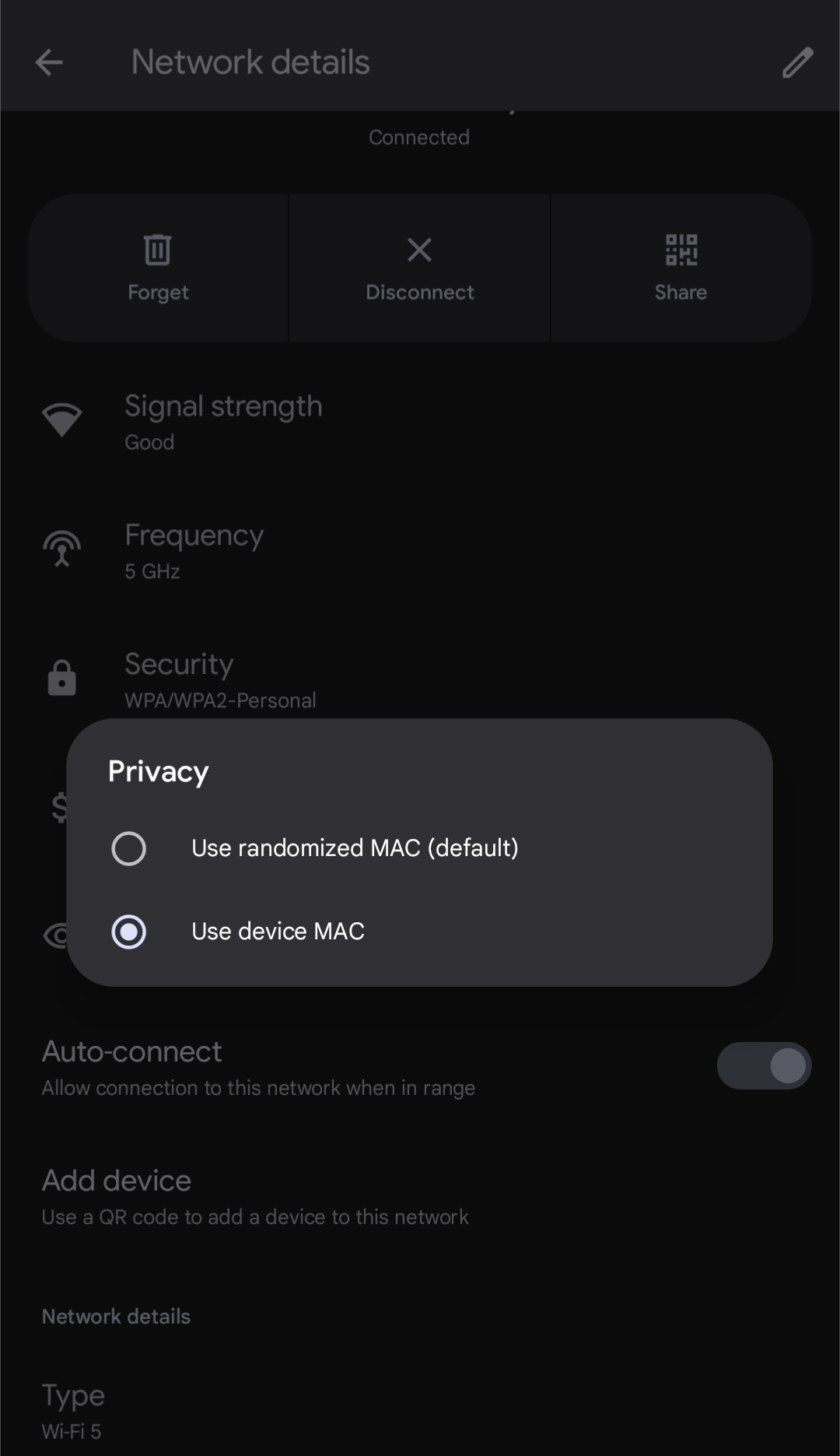
It is nice to have the smoke detector communicate out its status. I sure like to know when my house is on fire, even if I’m not home. And a notification about a battery being low is much nicer than incessant beeping.
None of this replaces the primary local, physical functionality. You don’t depend on technology for the thing to work; it’s just an addition.
There are different types. The “financial duty” of corporations is generally overblown, however that is more or less what happened with Twitter. Elon made such a dumb offer that they had to put it to their shareholders. There’s some mechanism where shareholders can vote as a whole to sell, and if the vote passes then you don’t get a choice.
But generally corporations absolutely aren’t required to do whatever makes the most money. They’re allowed to put other values above pure profit, as long as they can justify it being in the shareholders’ interests. The shareholders may disagree and vote them out because of it, but as long as it was plausible, it’s legal. For instance, I believe the board of an Oil company could decide to shut down their wells and fully pivot to renewables, and I don’t think the courts would hold them accountable. Preventing climate change is easily arguable as in the shareholders’ interest, even at the cost of significant money. However that board would likely quickly be voted out. (And it’s unlikely they would have gotten there if they didn’t love oil money.)
If you own 51% of shares, public or not, you can’t be forced to sell afaik. And if you’re private, you’d have to do some pretty big illegal defamation or something to be forced to sell your property. Or you could die and your descendents could decide to sell.
One issue is that we’ve set up our tax system to encourage cashing out asap. For the most part in the US, you’re going to be taxed at 37% whether you sell now or whether you have the company pay you out for the next twenty years. So why not get out while the gettin’ is good? In the past, with a 90% top marginal rate at a higher income, it was often better to keep your money in the company and in the reputation, and just have it pay you out at a medium tax bracket for the next fifty years. All you really need to do as your job is make sure the company stays stable anyway. You can do that while spending four days on the golf course.

I don’t think you understand. Banks (or anyone who accepts large amounts of money) has a duty to have some idea of where that money comes from. There are anti money laundering laws.
Go open a bank account right now and try to deposit a briefcase full of $50,000 in cash and see what happens. You might, maybe be able to do it, but there will absolutely be questions.

This happens with cash too. If you take in a bunch of cash, you have a duty to know what it’s from so that you’re not facilitating terrorism or crime or subverting sanctions. In fact, of you handle cash or finance, you generally have to take training on these laws every year.
This thing is the definition of money laundering and was known for exactly those problems.



Gonna need a source or a reference for that second part. Yes, I’m very aware that your mouse movement can be tracked, so we can skip that part.